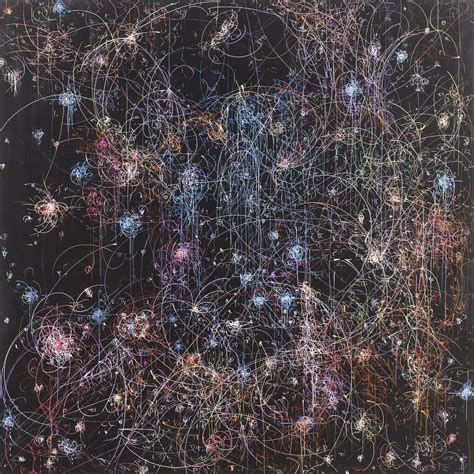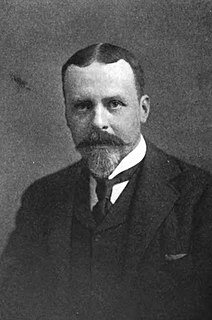A Quote by Stephen King
Words create sentences; sentences create paragraphs; sometimes paragraphs quicken and begin to breathe.
Related Quotes
Writing is the act of creation. Put words on page. Words to sentences, sentences to paragraphs, paragraphs to 7-book epic fantasy cycles with books so heavy you could choke a hippo. But don't give writing too much power, either. A wizard controls his magic; it doesn't control him. Push aside lofty notions and embrace the workmanlike aesthetic. Hammers above magic wands; nails above eye-of-newt. The magic will return when you're done. The magic is what you did, not what you're doing.
I'm not trying to create an aesthetic that's my own; I'm trying to create a way understanding things through drawing and painting. That's the common thread. Things can look different, but that's not what's important. What's important is the process is the same, the ideas are the same, I'm using the same building blocks, but they're different. The larger framework is the same; it's the pieces that change. For me, it's about these different elements, but you're still fitting them together into sentences, words, paragraphs, and stories.
There is never finality in the display terminal's screen, but an irresponsible whimsicality, as words, sentences, and paragraphs are negated at the touch of a key. The significance of the past, as expressed in the manuscript by a deleted word or an inserted correction, is annulled in idle gusts of electronic massacre.



































